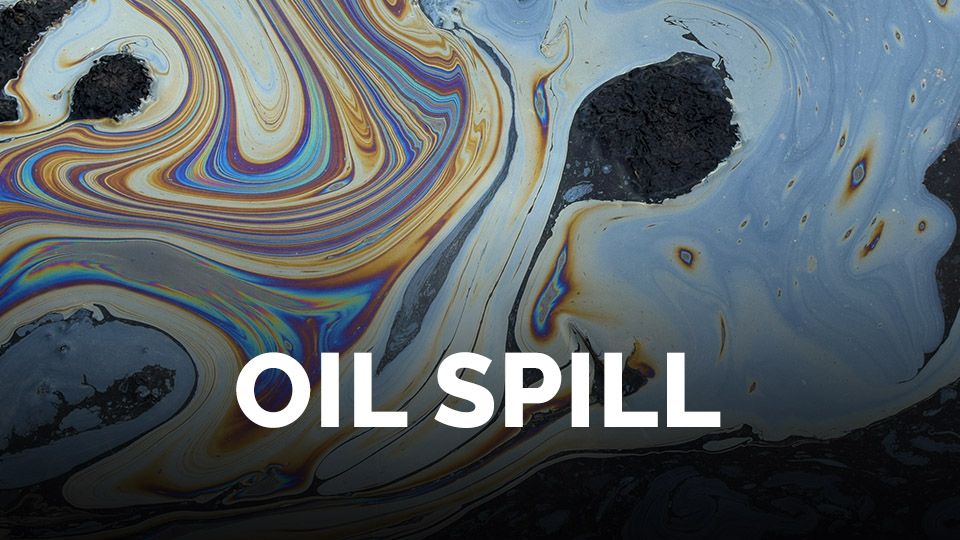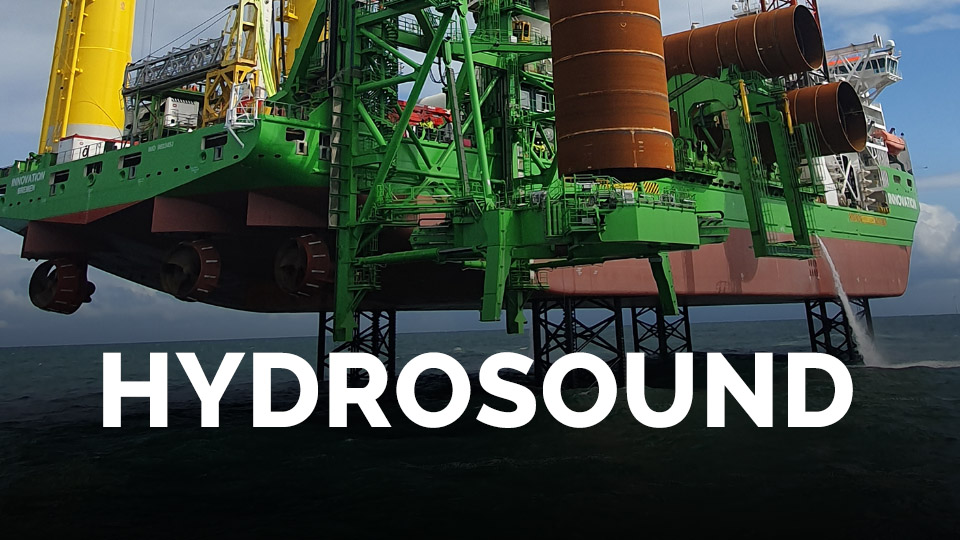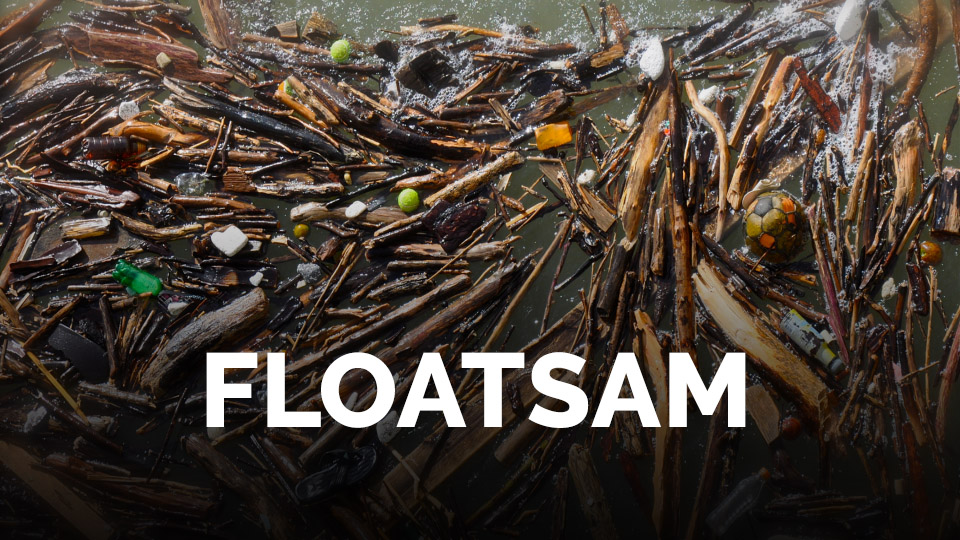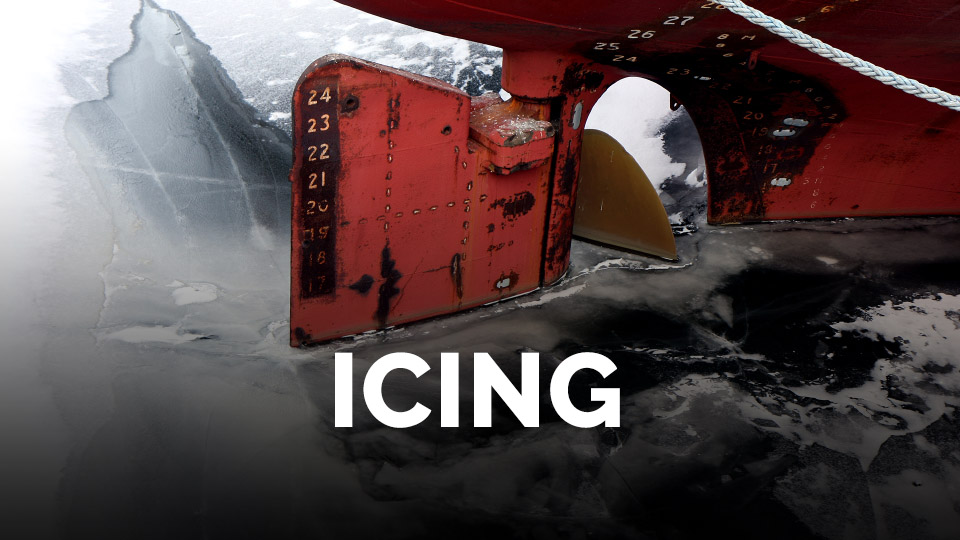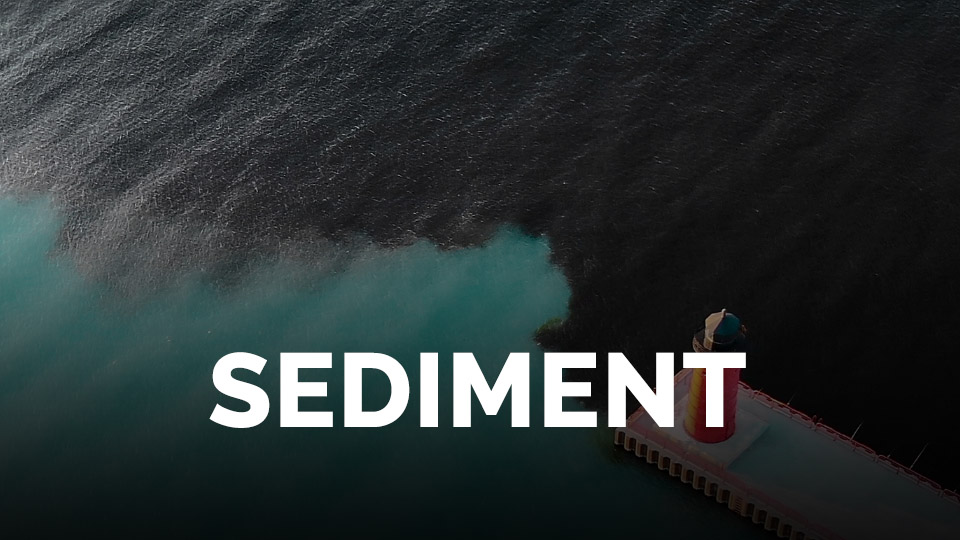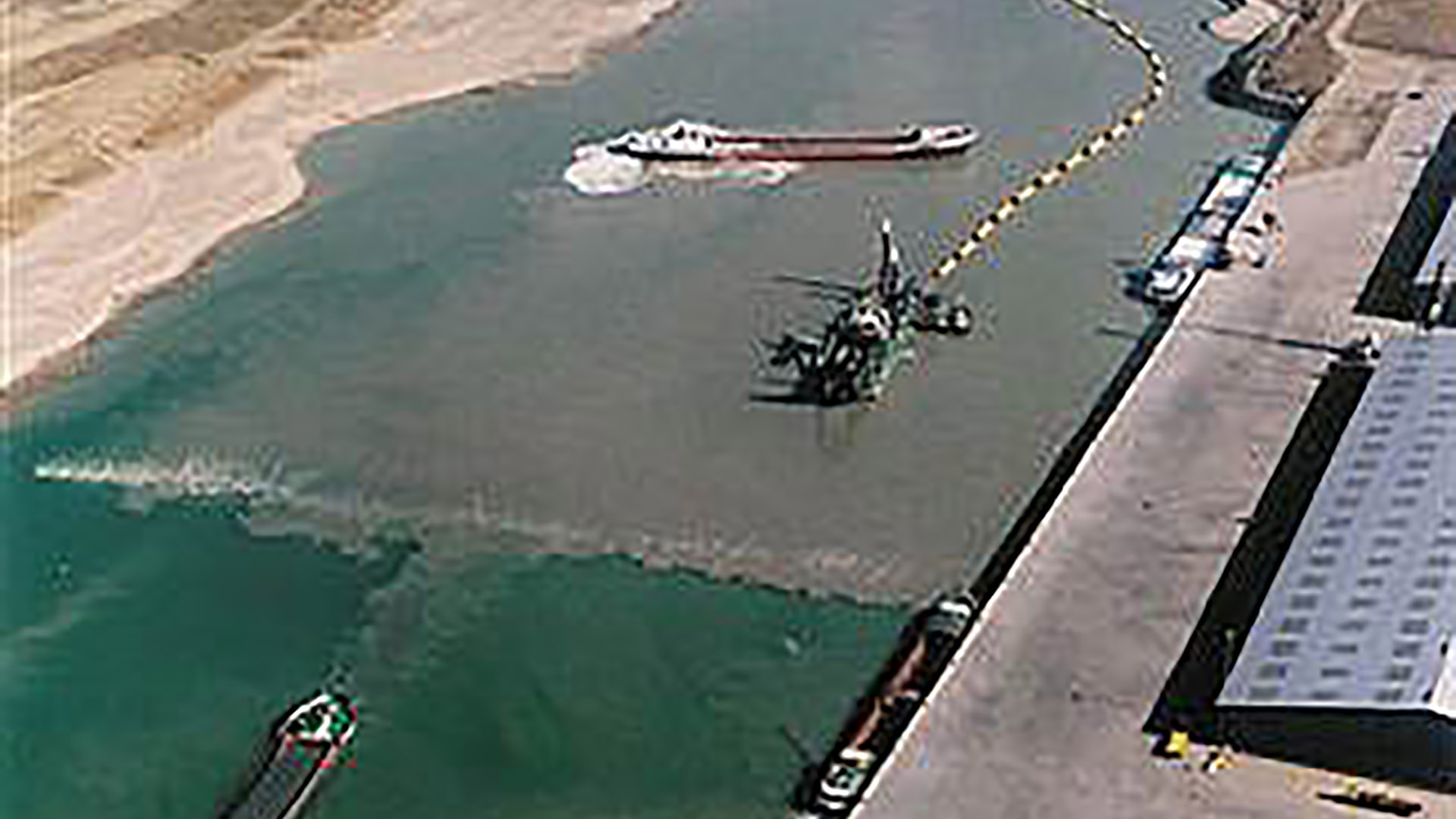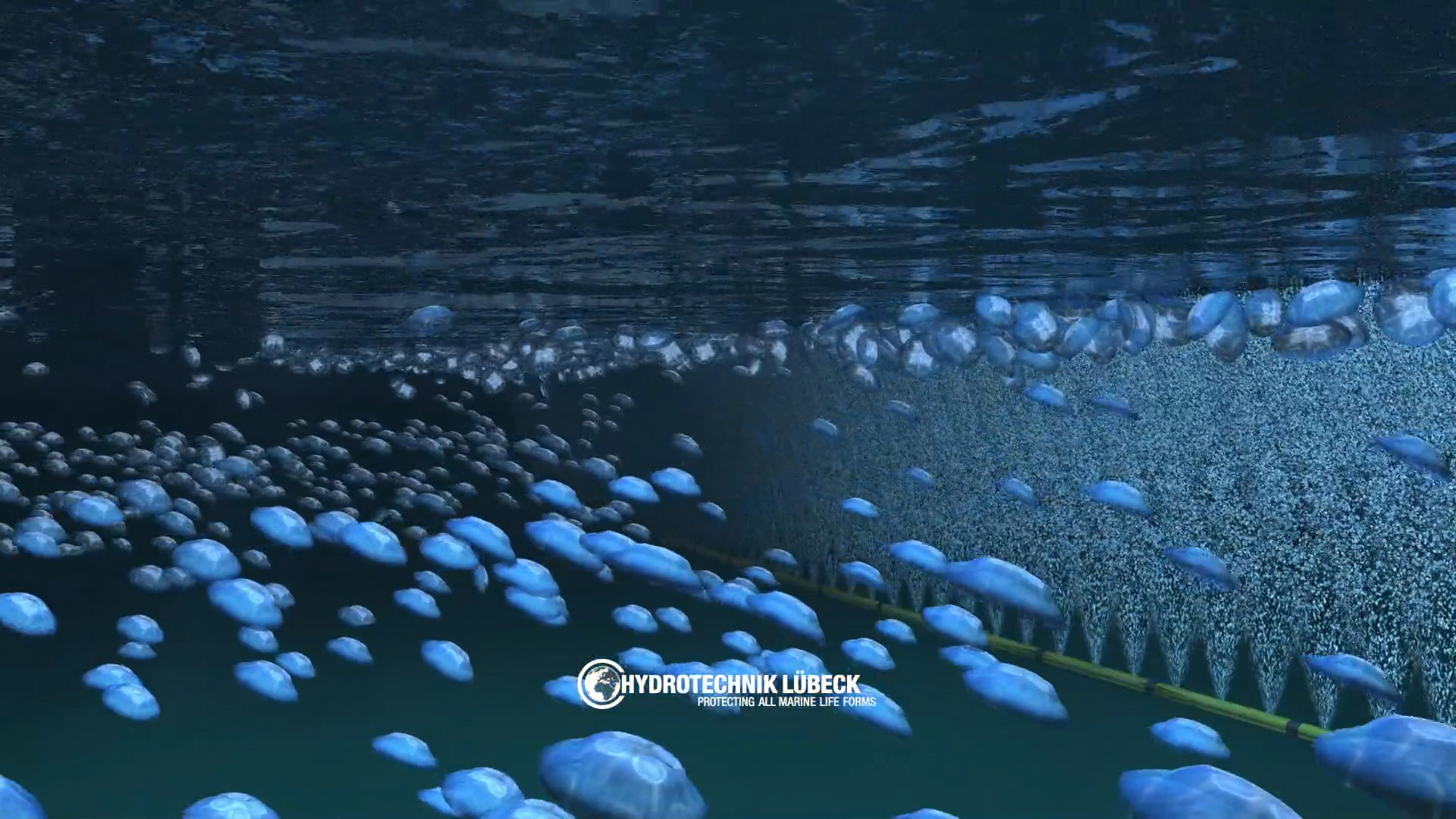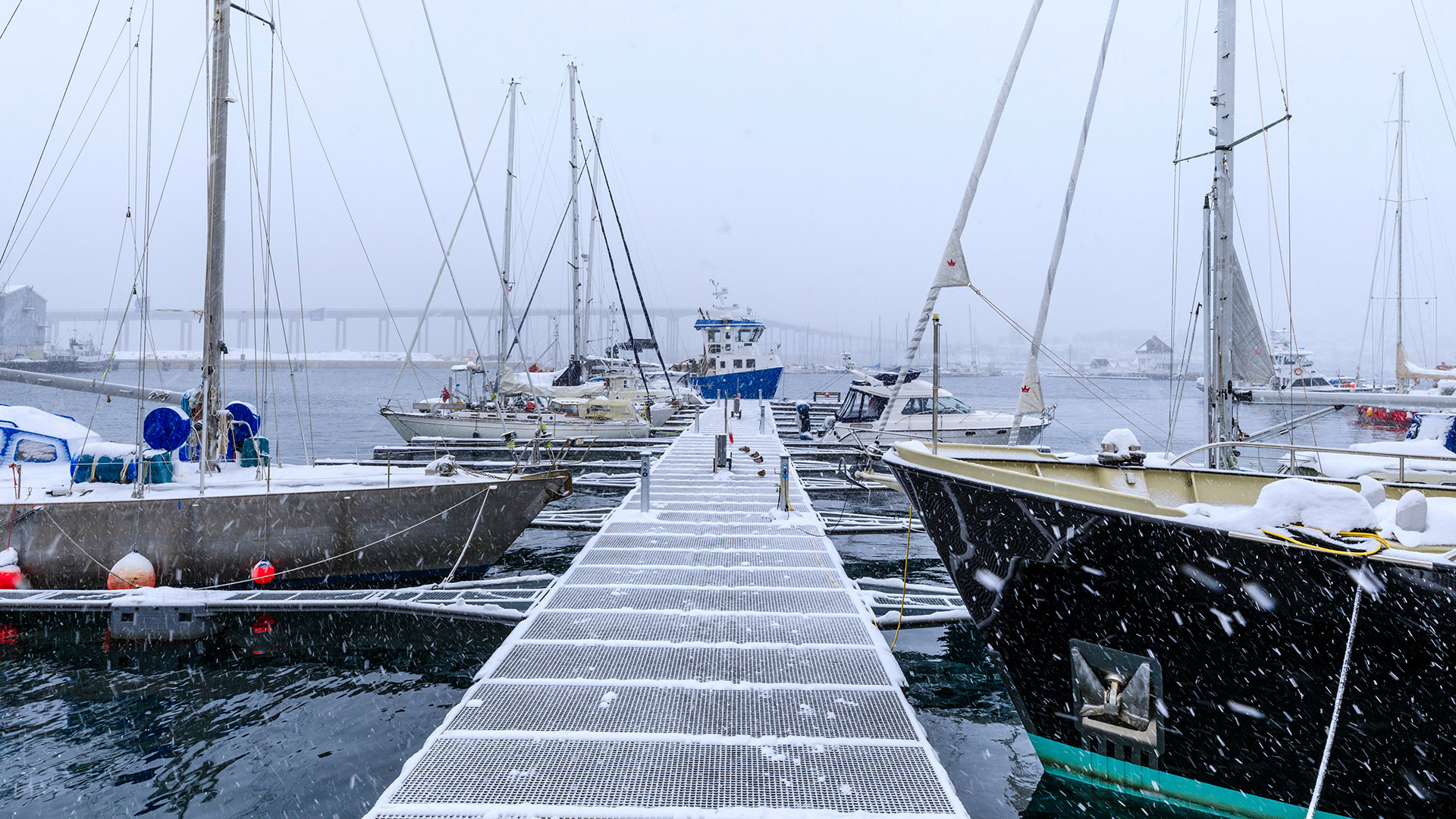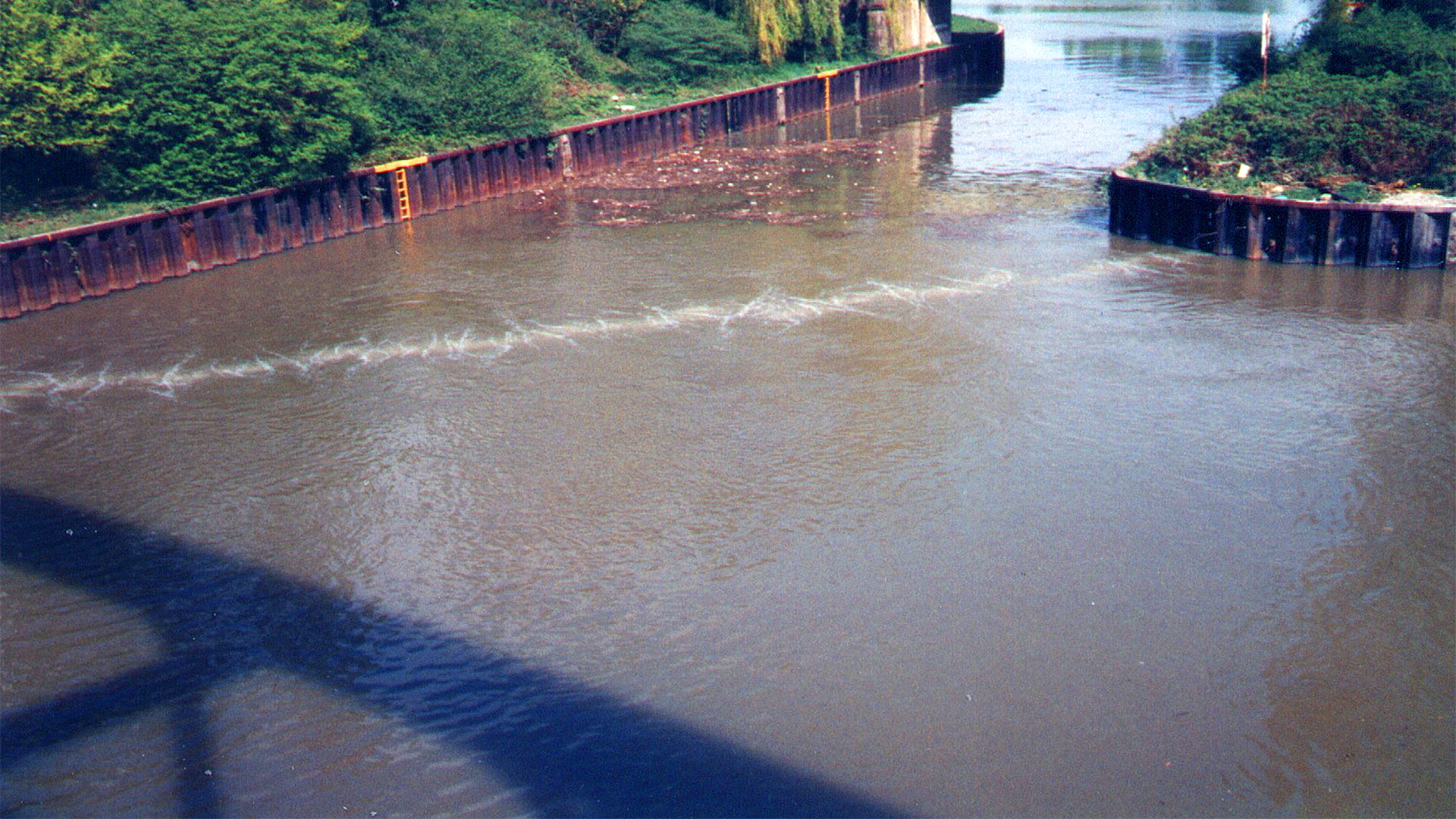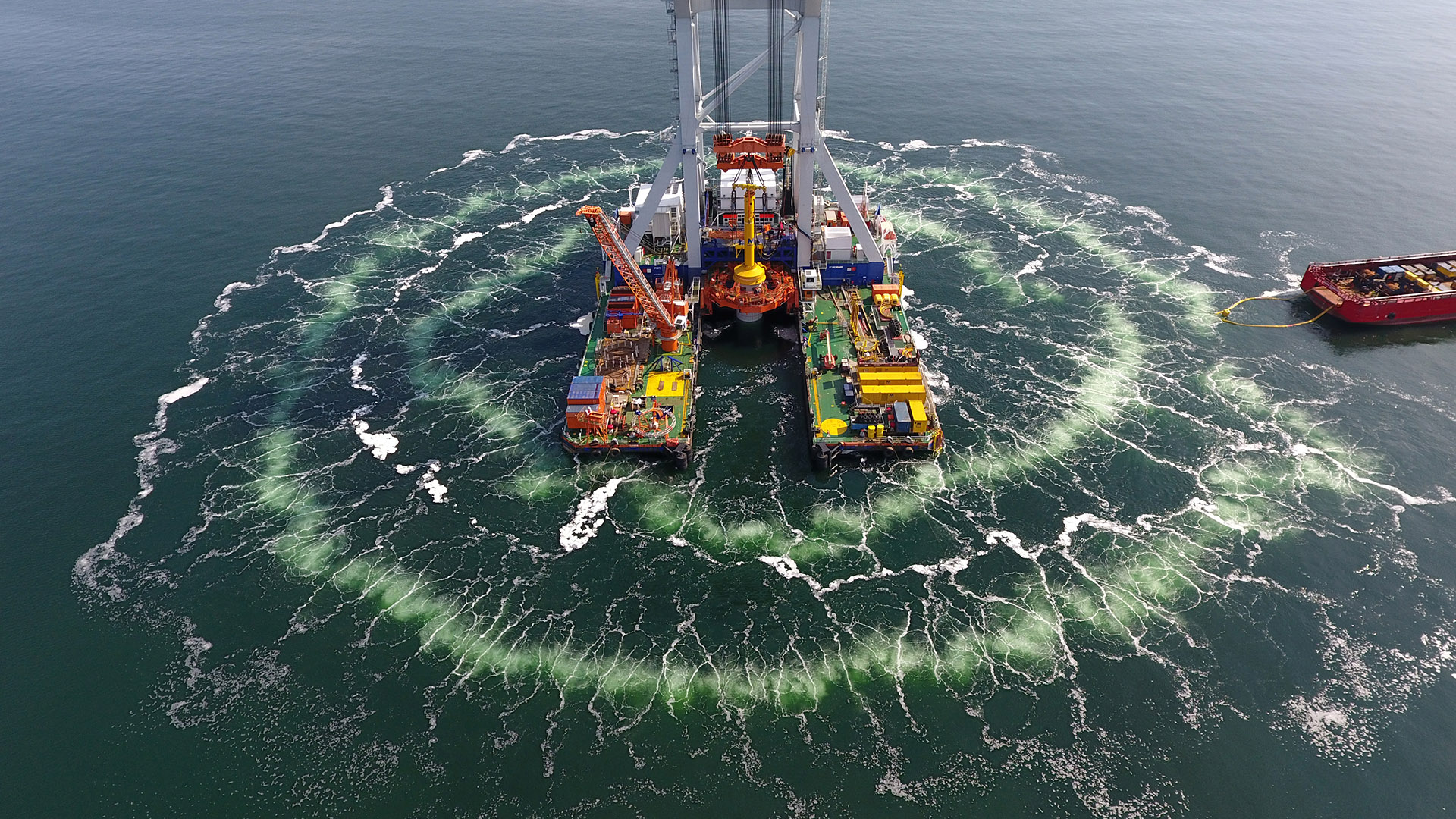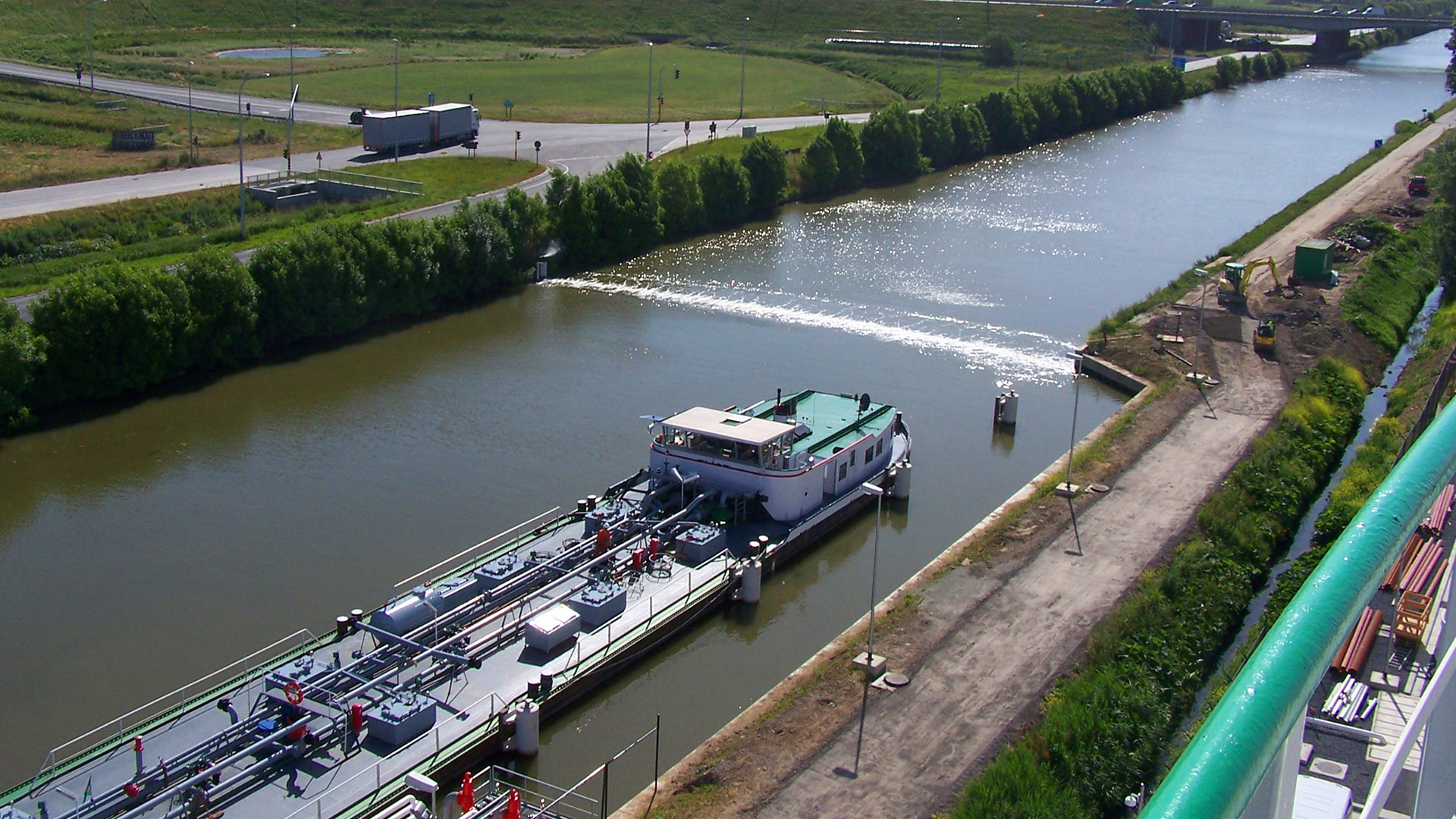COMPRESSED AIR UNDERWATER
If one of the six environmental hazards threatens bodies of water, oceans, or seas,
compressed air underwater makes the danger manageable.
All usages
How Compressed Air Underwater works
First of all, hoses with special nozzles are laid and anchored on the bottom of the water. The compressed air generated by compressors is pressed into the hose system. The outflowing air rises and initially creates a vertical flow. As a result, everything floating in the water body is pulled up with it. At the surface of the water, the current divides into two horizontal directions. Everything that floats on the water is held back. Ships and boats are not hindered by compressed air underwater.
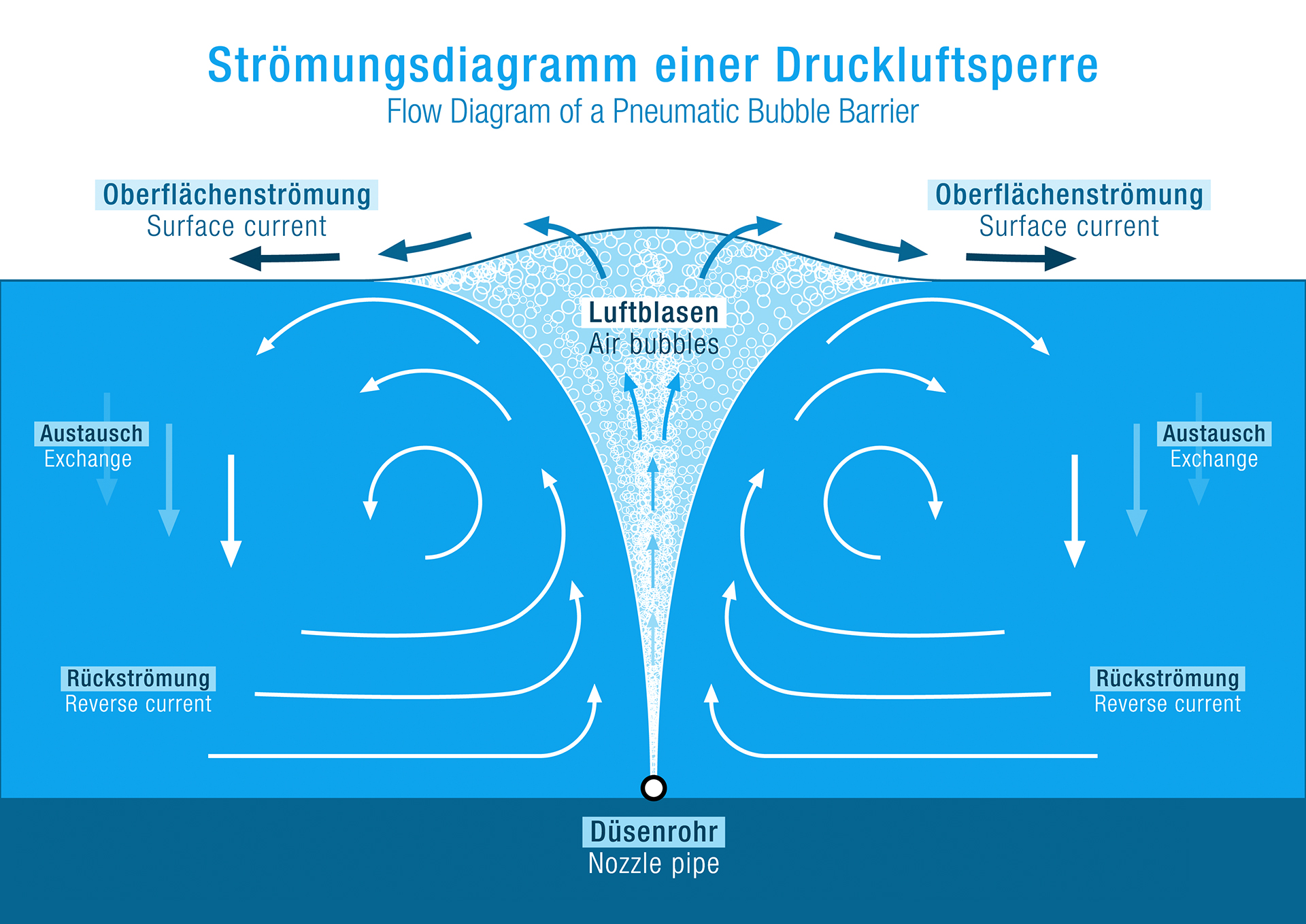
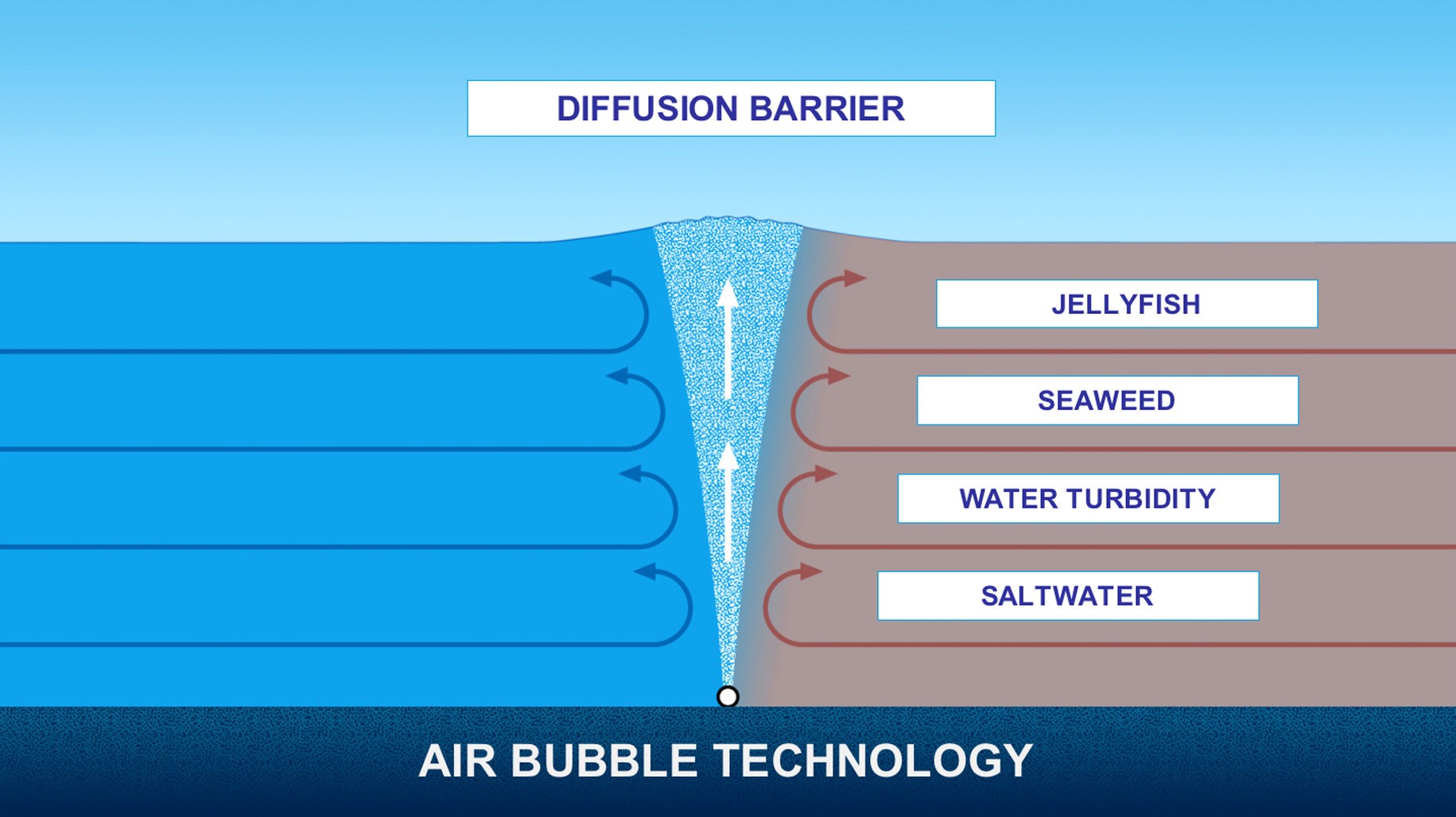
Natural diffusion barrier
The compressed air barrier is a diffusion barrier. Rising air creates an upward flow that splits on the surface into two oppositely horizontal flows. It ensures that the water is returned and forms a natural barrier for substances in the water. The compressed air barrier separates the water and holds back jellyfish, seaweed, sediment, and saltwater in an environmentally friendly way.
Hydro sound mitigation
Rising air bubbles in sufficient quantities change the water’s physical properties. Sound waves are broken several times. The compressed air hydro sound attenuation reduces the noise pollution in the water body by up to 95%.



